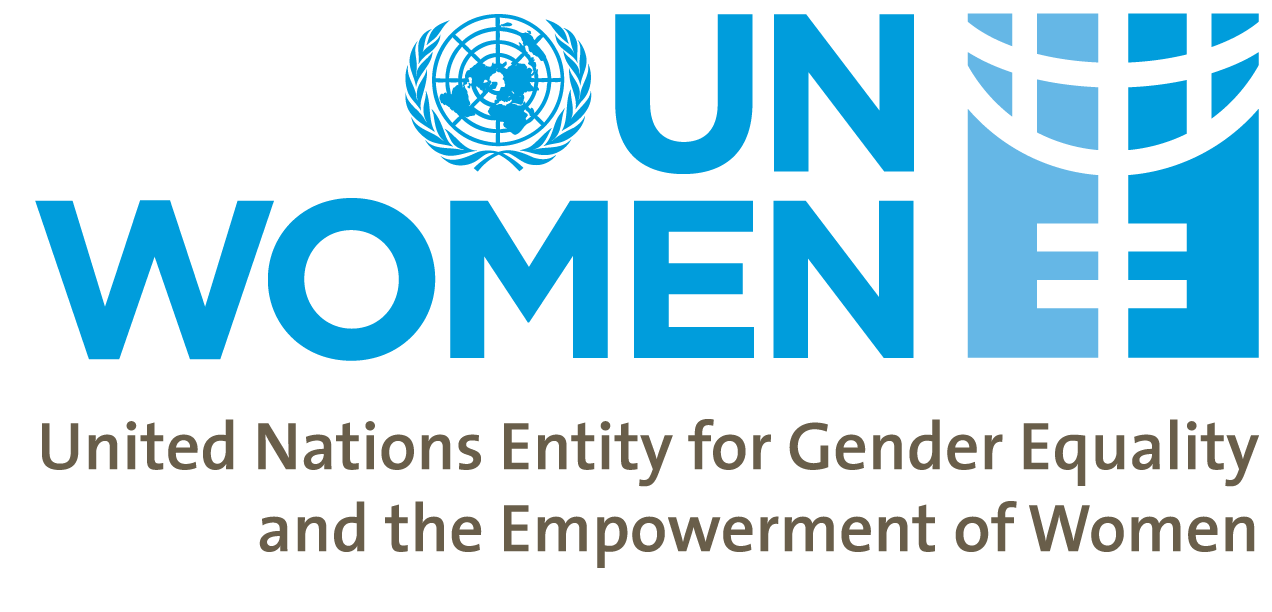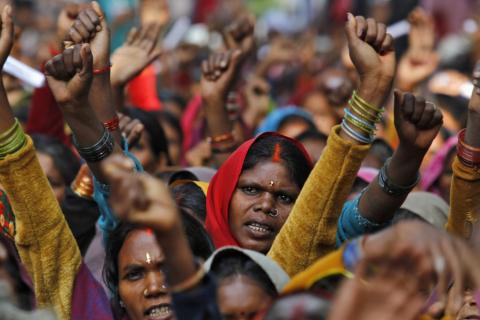
Topics and Regions
Phumzile Mlambo-Ngcuka is United Nations Under-Secretary-General and Executive Director of UN Women. She was sworn into office on 19 August 2013 and brings a wealth of experience and expertise to this position, having devoted her career to issues of human rights, equality and social justice. Ms. Mlambo-Ngcuka has worked in government and civil society, and with the private sector, and was actively involved in the struggle to end apartheid in her home country of South Africa.
From 2005 to 2008, she served as Deputy President of South Africa, overseeing programmes to combat poverty and bring the advantages of a growing economy to the poor, with a particular focus on women. Prior to this, she served as Minister of Minerals and Energy from 1999 to 2005 and Deputy Minister in the Department of Trade and Industry from 1996 to 1999. She was a Member of Parliament from 1994 to 1996 as part of South Africa’s first democratic government.
Ms. Mlambo-Ngcuka began her career as a teacher and gained international experience as a coordinator at the World YWCA in Geneva, where she established a global programme for young women. She is the founder of the Umlambo Foundation, which supports leadership and education. A longtime champion of women’s rights, she is affiliated with several organizations devoted to education, women’s empowerment and gender equality.
She has completed her PhD on education and technology at the University of Warwick, United Kingdom.
Details
Location
Contributions
Displaying 1 - 1 of 1The Opportunities for Transformation Open Up When Women Have Land Rights
Rural women and girls are far from the public or media spotlight, but their struggles deserve urgent attention
The 62nd Commission on the Status of Women (CSW62), held in March 2018, focused on the empowerment of women and girls in rural areas, signifying international commitment to fight some of the biggest challenges of our time: poverty, inequality, multiple and intersecting forms of discrimination and an end to violence against women and girls, no matter where they live, or how they live, so that we leave no one behind.


